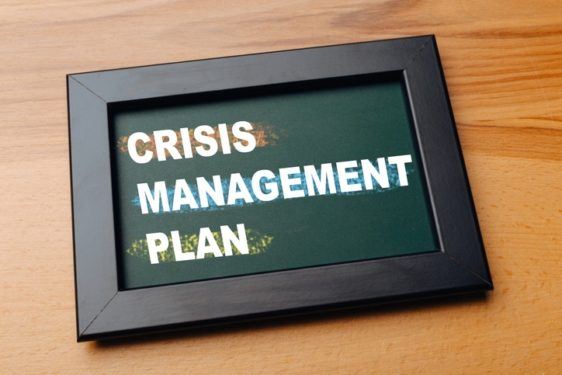There is no doubt the coronavirus pandemic caught most businesses off-guard. The very nature of this external health shock is challenging people, governments and companies in unprecedented ways. It is also generating a level of economic uncertainty and social anxiety which calls for clear, frequent and reassuring communication.
In this environment, you should focus on three issues as a priority to ensure your communications strategy stays relevant and up-to-date. This is essential as the situation continues to evolve rapidly to ensure your organisation is resilient and well-prepared for the recovery phase when it comes:
- Understand how your stakeholders’ needs and priorities have changed as a result of coronavirus
- Update your communications strategy and messaging to reflect this change
- Consider the role that communications can play to enable your business to thrive in a post-Covid world
You should be in no doubt that how your organisation behaves today will be remembered tomorrow if the Great Financial Crisis is anything to go by. As you recall, businesses who received public money assistance were subjected to intense scrutiny that continues even today.
Businesses who have put their staff on furlough this time round can expect ongoing scrutiny from media and other popular online campaigns which are currently tracking – and judging – how companies are responding to the pandemic. So, six weeks into the Covid-19 UK lockdown, here is a reminder of the seven principles of effective crisis communications:
- Be prepared
- Your reputation can be damaged very quickly at times of crisis, so anything you can do in advance to help your organisation react quickly is vital
- Set up a crisis communications group and make sure individual roles are well defined and the approvals process is understood throughout the organisation
- Develop templates and clarify how you would update your website and other internal and external digital and social media channels out-of-hours
- Make sure your team undergoes crisis communications training at least once a year
- Remember your stakeholders expect a lot of you
- Good crisis communication can help rebuild trust and restore brand reputation after a crisis
- Stay aligned with your values and show your stakeholders why they should continue to trust you
- Take time at the start of a crisis to develop a comprehensive communications strategy and get senior management buy-in
- Make sure your communication is aligned with your organisation’s overall crisis management strategy
- Know your audience
- Listen to your stakeholders and prove you are on their side through direct and honest communications
- Prioritise your stakeholder groups and identify their specific needs and expectations
- Address their concerns and tailor your communications accordingly
- Get the message and tone of voice right
- Use the three Cs of crisis communications to help guide your response: Concern, Commitment, Control
- Concern: react as a human being first -so you can empathise with your stakeholders- and act as a business second.
- Commitment: demonstrate your commitment to fulfilling your stakeholders’ trust in your position of responsibility.
- Control: Show that your organisation is in control of the situation. Do not pretend that nothing is wrong and do not blame others
- Remember the tone of voice is at least as important as the message in conveying reassurance and empathy
- Identify the resource to manage your crisis communications
- Leverage all appropriate resources, from written statements to spokespeople and digital and social media channels
- Ensure you have enough well-trained resource to manage a long running crisis and that everyone on the team has a deputy
- Continually review your communications strategy and adapt it to achieve your end goal.
- Crises are continuously evolving, fast-paced situations so review your content and tone of voice regularly
- Adapt your frequency of communications to the pace of events. Do not feel pressured to over-communicate if there is nothing new to say
- Think long-term and identify opportunities for considerate, well-thought through and in-tune brand building
- Encourage a growth mindset and don’t be afraid to learn
- A crisis that is not reviewed is a crisis wasted
- Remember lessons learned from previous crises situations such as the Great Financial Crisis, and leverage the wealth of experience in your team
- Take the opportunity to identify capabilities, skills or procedures that need updating
- Identify corrective actions that can be implemented to prevent reoccurrence so you can come out stronger
With so many different aspects of crisis communications to consider, you may be wondering how to prioritise what to focus on and how to know whether you have done enough preparations. Instinctif Partners has developed CrisisCommsOptic, a powerful online diagnostic and benchmarking tool that can help you asses the strengths and weaknesses of your communications approach.
Registration is free of charge and the diagnostic takes less than 30 minutes to compare your approach to industry best practice for resourcing, monitoring, stakeholders, spokespeople, templates, training and reviews.
You can also catch up with the webinar for insights, case studies and best practice tips to guide your efforts and prioritise your focus for the next phase of the Covid-19 crisis.
For more tailored advice on how to manage crises situations and increase your company’s resilience please contact Jen Upton, Head of Business Resilience via [email protected] or Noémie de Andia, Partner – Financial Services, Technology and Consumer, via [email protected] .

